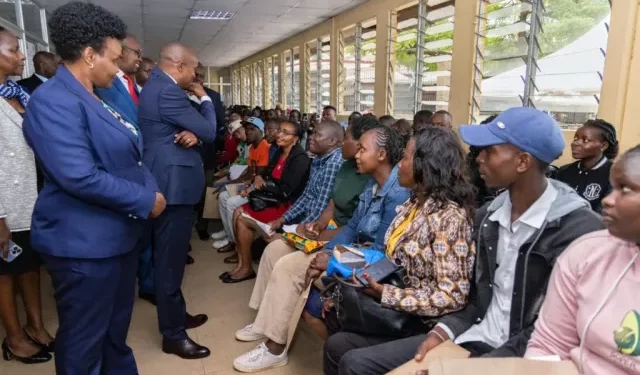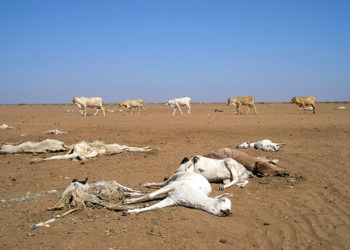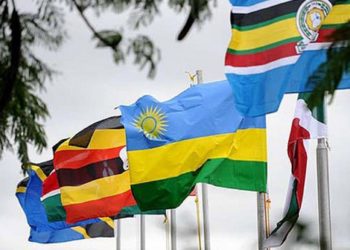The State Department for Immigration and Citizen Services has implemented major reforms to improve the issuance of passports, national ID cards, and vital registration documents. Speaking before the National Assembly Public Accounts Committee (PAC) on Monday, Principal Secretary for Immigration and Citizen Services, Prof. Julius Bitok, highlighted key milestones achieved under the government’s reform agenda.
“We have reduced passport processing times from three months to seven days,” said Prof. Bitok. This improvement has been facilitated by the acquisition of two high-capacity printers capable of producing 10,000 passports daily and the expansion of application counters at Nyayo House from 14 to 40.
The department has also resolved passport booklet shortages by increasing annual procurement from 300,000 to 1 million booklets. This measure ensures a steady supply until the end of 2025. Emergency cases now benefit from expedited processing, with passports issued within 24 hours.
In addition, the government has opened new passport offices in Kericho and Bungoma counties, with plans to establish another in Machakos. “Our goal is to have passport offices in every region to bring services closer to Kenyans,” Prof. Bitok stated.
Reforms extend to civil registration, where the digitization of birth and death certificate applications has reduced processing times to one week. Prof. Bitok noted that 90% of these applications are now completed online.
To expedite the issuance of national IDs, particularly for students, the department introduced the Maisha Card. It also increased ID service centers to 970 across the country. School principals, in collaboration with county education directors, are ensuring that every Form Four student receives an ID card upon completing their studies.
Looking ahead, the government aims to establish civil registration offices in all 290 constituencies by 2027. However, challenges remain, including 65,000 uncollected passports. “We urge Kenyans to collect their documents to avoid unnecessary delays,” Prof. Bitok said.
















